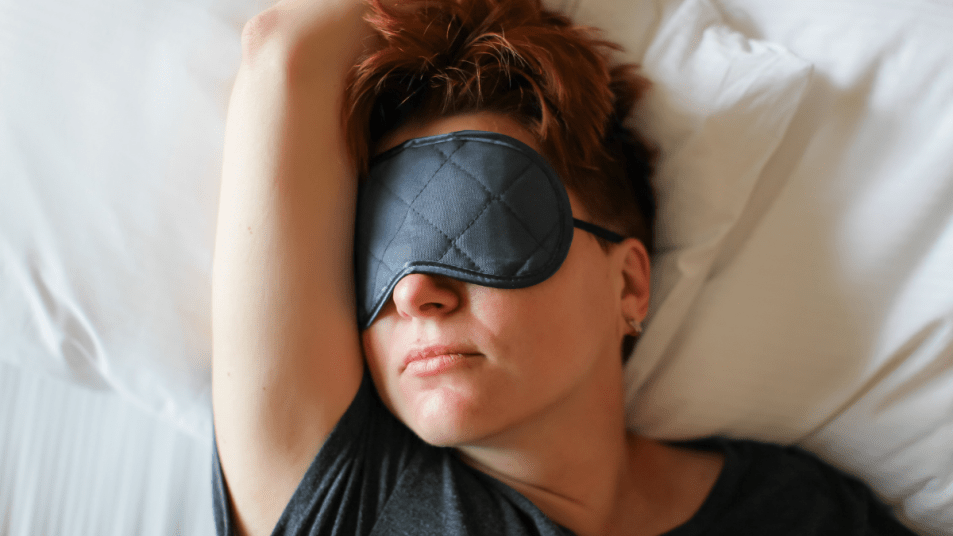Going to Sleep and Waking Up at Different Times Every Night May Cause Depression

Do you go to bed at different times every night and wake up at different times every morning? While you may not think much of it, research is now showing that erratic sleep times, regardless of how much sleep you’re getting, could be linked to an increase in depressive symptoms and worsening moods.
How are differing sleep times and depression linked?
You’ve probably heard about how your sleep schedule and the quality of your sleep can affect your physical health. Plenty of research has shown that a lack of sleep can lead to weight gain, higher blood pressure, and lack of focus.
However, a new study published this year in Nature looked more closely how going to bed and waking up at different times every day impacts mental health. They measured the sleep cycles of 2,115 participants and found that those who had less regular schedules in terms of when they went to sleep and woke up were more likely to report symptoms of depression and lower moods than those who stuck to the same bedtime and wake-up time daily.
Even more interesting, those with varied bedtimes and wake-up times had worse mental health than those who slept fewer hours a night but kept the same schedule. In other words, if you’re going to bed and waking up at different times every day but getting the recommended seven to eight hours of sleep, someone going to bed at the same time and waking up at the same time but reporting fewer hours of sleep showed fewer signs of depression and a worsening mood.
What can you do to get on a more routine schedule?
This research doesn’t mean you should try to get by with less sleep as long as it’s routine; obviously the goal is to get high-quality sleep every night for the recommend seven to eight hours.
But if you’re dealing with worsening mental health, especially in the pandemic, it may be time to revisit when you’re hitting the hay and when your alarm clock is going off in the morning.
There are some incredibly easy steps you can take to make the adjustment. Create an evening routine that makes you feel ready for bed, like going through your skincare regimen, brushing your teeth, leaving your phone in a room that isn’t your bedroom, and reading for 30 minutes.
If you’re someone who has a tendency to get caught up in reading or surfing the web at night before bed, set a nighttime alarm so that you step away from the book or computer and actually head to bed. For the morning, set a separate alarm for the same time every day to make sure you get up with some regularity.
Now’s the time to focus on getting that shut-eye!













